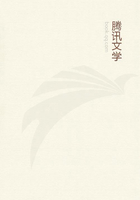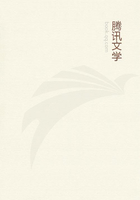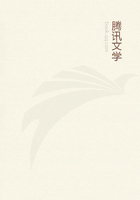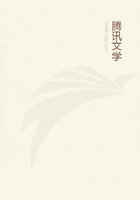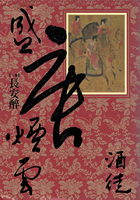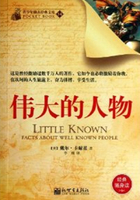If it were only equally easy to give a definite conception of happiness, the imperatives of prudence would correspond exactly with those of skill, and would likewise be analytical. For in this case as in that, it could be said: "Whoever wills the end, wills also (according to the dictate of reason necessarily) the indispensable means thereto which are in his power." But, unfortunately, the notion of happiness is so indefinite that although every man wishes to at. it, yet he never can say definitely and consistently what it is that he really wishes and wills. The reason of this is that all the elements which belong to the notion of happiness are altogether empirical, i.e., they must be borrowed from experience, and nevertheless the idea of happiness requires an absolute whole, a maximum of welfare in my present and all future circumstances. Now it is impossible that the most clear-sighted and at the same time most powerful being (supposed finite) should frame to himself a definite conception of what he really wills in this. Does he will riches, how much anxiety, envy, and snares might he not thereby draw upon his shoulders? Does he will knowledge and discernment, perhaps it might prove to be only an eye so much the sharper to show him so much the more fearfully the evils that are now concealed from him, and that cannot be avoided, or to impose more wants on his desires, which already give him concern enough. Would he have long life? who guarantees to him that it would not be a long misery? would he at least have health? how often has uneasiness of the body restrained from excesses into which perfect health would have allowed one to fall? and so on. In short, he is unable, on any principle, to determine with certainty what would make him truly happy; because to do so he would need to be omniscient. We cannot therefore act on any definite principles to secure happiness, but only on empirical counsels, e.g. of regimen, frugality, courtesy, reserve, etc., which experience teaches do, on the average, most promote well-being.
Hence it follows that the imperatives of prudence do not, strictly speaking, command at all, that is, they cannot present actions objectively as practically necessary; that they are rather to be regarded as counsels (consilia) than precepts precepts of reason, that the problem to determine certainly and universally what action would promote the happiness of a rational being is completely insoluble, and consequently no imperative respecting it is possible which should, in the strict sense, command to do what makes happy; because happiness is not an ideal of reason but of imagination, resting solely on empirical grounds, and it is vain to expect that these should define an action by which one could attain the totality of a series of consequences which is really endless. This imperative of prudence would however be an analytical proposition if we assume that the means to happiness could be certainly assigned; for it is distinguished from the imperative of skill only by this, that in the latter the end is merely possible, in the former it is given; as however both only ordain the means to that which we suppose to be willed as an end, it follows that the imperative which ordains the willing of the means to him who wills the end is in both cases analytical. Thus there is no difficulty in regard to the possibility of an imperative of this kind either.
On the other hand, the question how the imperative of morality is possible, is undoubtedly one, the only one, demanding a solution, as this is not at all hypothetical, and the objective necessity which it presents cannot rest on any hypothesis, as is the case with the hypothetical imperatives. Only here we must never leave out of consideration that we cannot make out by any example, in other words empirically, whether there is such an imperative at all, but it is rather to be feared that all those which seem to be categorical may yet be at bottom hypothetical. For instance, when the precept is:
"Thou shalt not promise deceitfully"; and it is assumed that the necessity of this is not a mere counsel to avoid some other evil, so that it should mean: "Thou shalt not make a lying promise, lest if it become known thou shouldst destroy thy credit," but that an action of this kind must be regarded as evil in itself, so that the imperative of the prohibition is categorical; then we cannot show with certainty in any example that the will was determined merely by the law, without any other spring of action, although it may appear to be so. For it is always possible that fear of disgrace, perhaps also obscure dread of other dangers, may have a secret influence on the will. Who can prove by experience the non-existence of a cause when all that experience tells us is that we do not perceive it? But in such a case the so-called moral imperative, which as such appears to be categorical and unconditional, would in reality be only a pragmatic precept, drawing our attention to our own interests and merely teaching us to take these into consideration.
We shall therefore have to investigate a priori the possibility of a categorical imperative, as we have not in this case the advantage of its reality being given in experience, so that [the elucidation of] its possibility should be requisite only for its explanation, not for its establishment. In the meantime it may be discerned beforehand that the categorical imperative alone has the purport of a practical law; all the rest may indeed be called principles of the will but not laws, since whatever is only necessary for the attainment of some arbitrary purpose may be considered as in itself contingent, and we can at any time be free from the precept if we give up the purpose; on the contrary, the unconditional command leaves the will no liberty to choose the opposite; consequently it alone carries with it that necessity which we require in a law.

